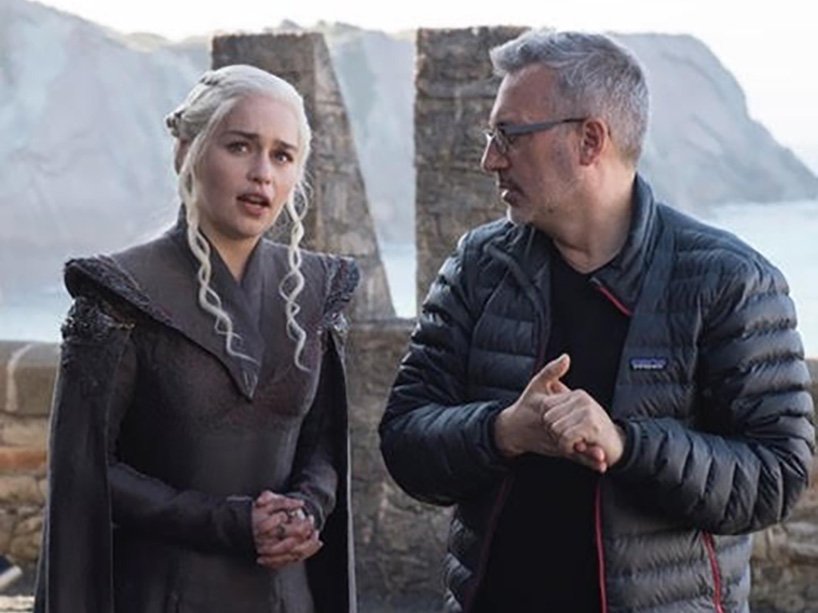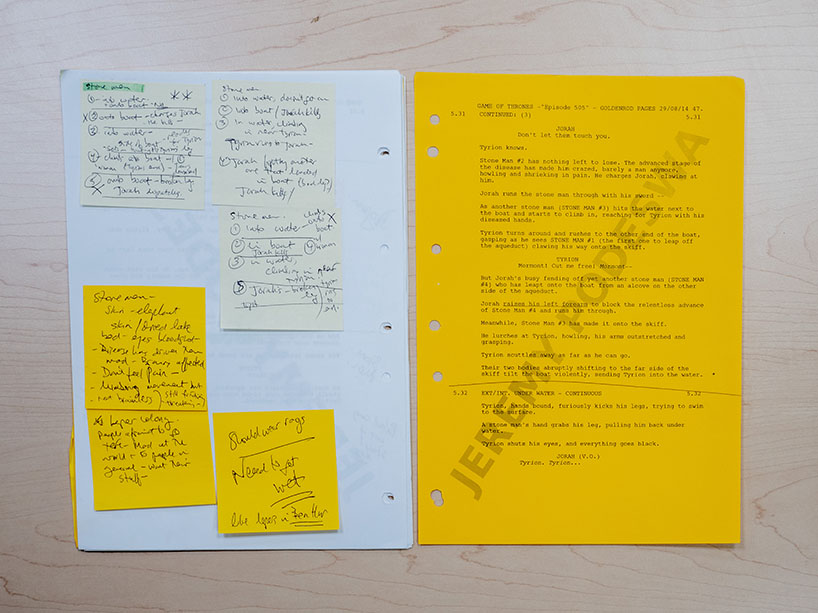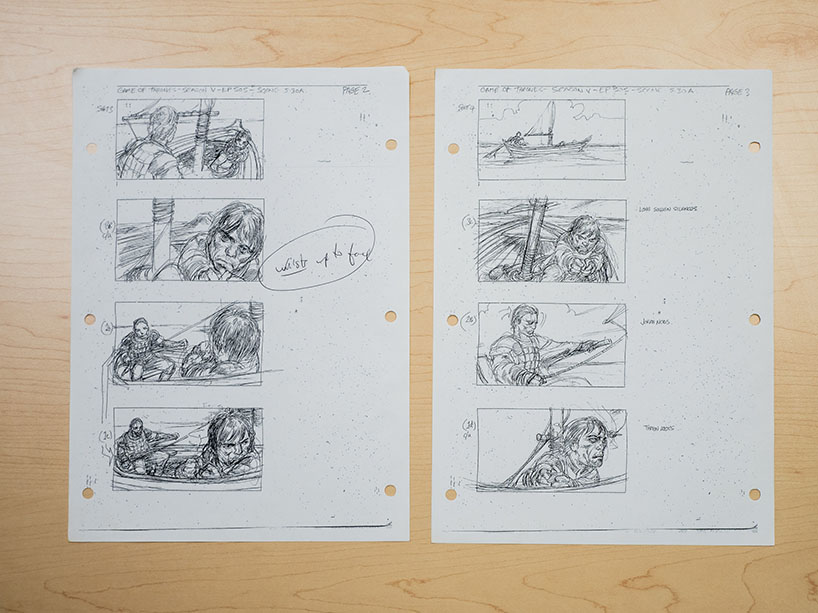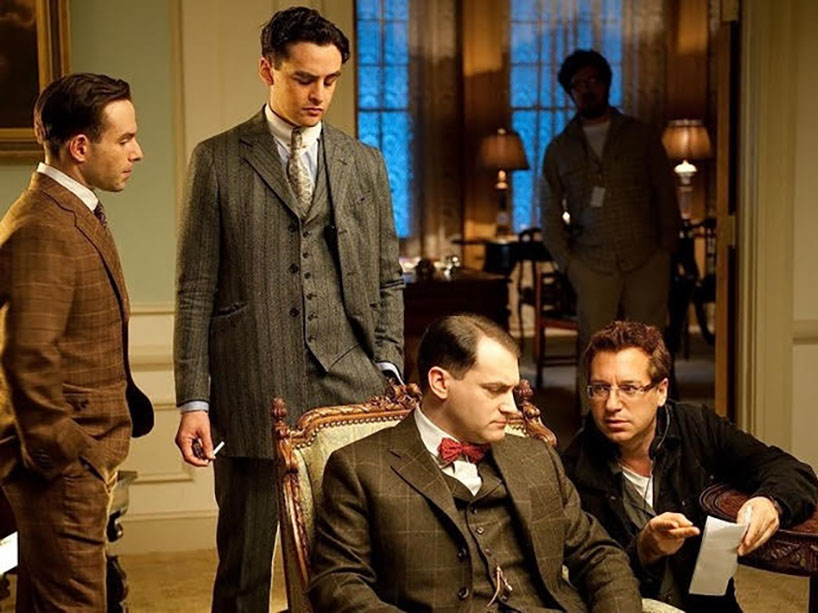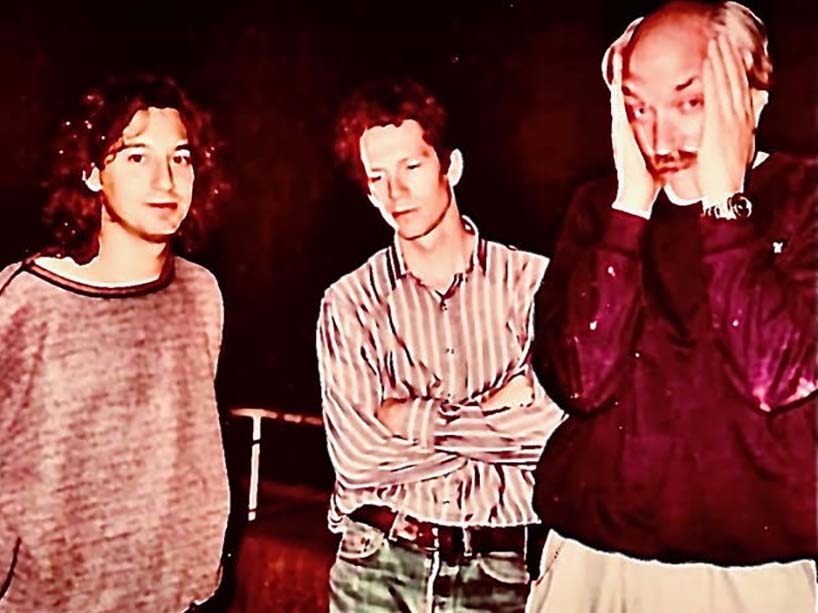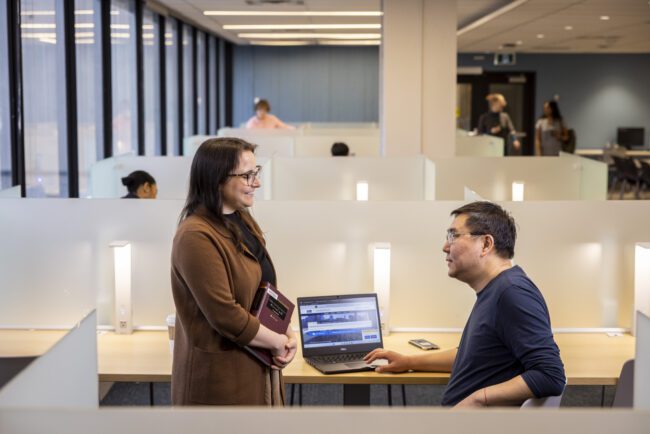 The Toronto Metropolitan University Libraries is pleased to announce this year’s 2025 Open Educational Resources (OER) Grants, supporting the creation and adoption of openly licensed learning materials.
The Toronto Metropolitan University Libraries is pleased to announce this year’s 2025 Open Educational Resources (OER) Grants, supporting the creation and adoption of openly licensed learning materials.
Open Educational Resources (OER) are educational materials that are free to use, adapt, reproduce, and share. These resources can take many forms, including courses, modules, textbooks, multimedia, assessments, and other supplementary content.
The OER Grants program aligns with TMU’s commitment to open education, innovation, inclusive teaching, and enhancing student learning. It builds on the Libraries’s strengths in digital scholarship, Open Access, and OER publishing and dissemination.
The Libraries is pleased to be offering three types of OER Grant opportunities. In addition to a grant offered solely by TMU Libraries, two additional grants are being offered via a Partnership grant model, with TRSM and CELT.
2025 Toronto Metropolitan University Libraries Open Educational Resources (OER) Grants
Offered and supported by The TMU Libraries, these Open textbook and multimedia creation grants have been offered by TMU Libraries since 2018. A total of $30,000 is available in two categories of grants.
The TMU Libraries and Ted Rogers School Of Management 2025 OER Partnership Grant encourages the creation and adoption of open educational resources (OER) with a focus on 100-level and 200-level business courses. This grant also was offered in 2020 and 2022, and to date the projects produced have saved TMU students an estimated $1 300 000. A single $40,000 two-part grant that runs over two years will be available to the successful proposal.
2025 Teaching with OER Grant: A partnership between TMU Libraries and the CELT
New this year TMU Libraries and the Centre for Excellence in Learning and Teaching (CELT) are pleased to announce a new joint Teaching with OER Grant to encourage the creation and adoption of open educational resources in large enrolment classes. The grant will also be supported by CELT’s Digital Learning Team (DL) which will provide pedagogical / instructional design and multimedia production services. A single $15,000 grant will be available to the successful proposal.
The deadline for all three grants this year is September 30th, 2025.
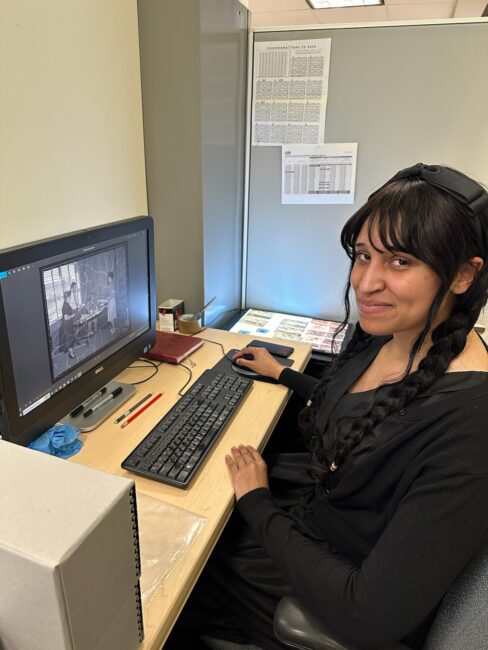
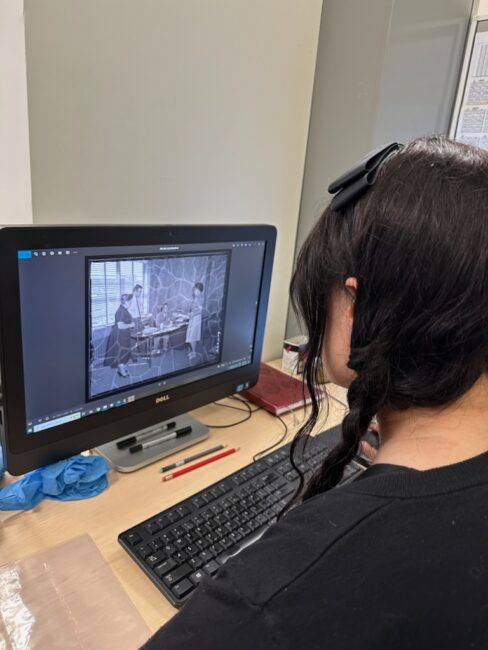
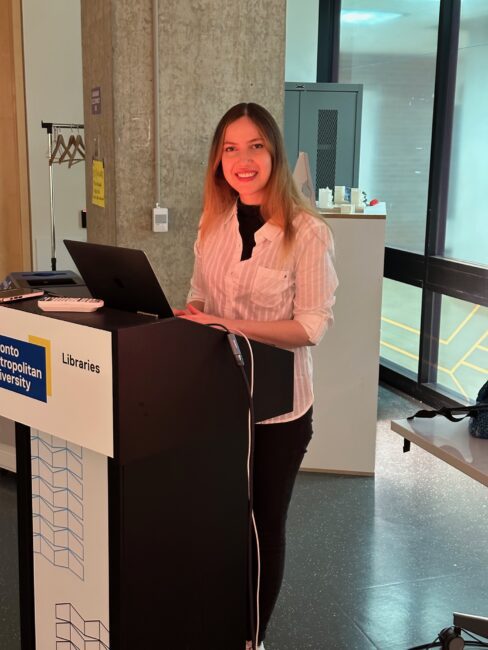
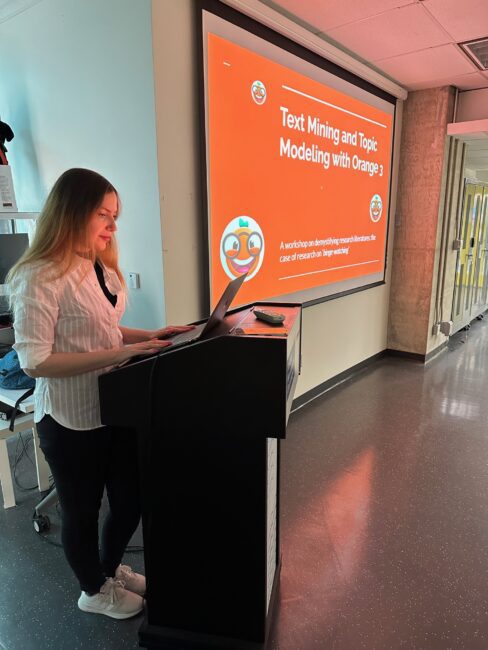
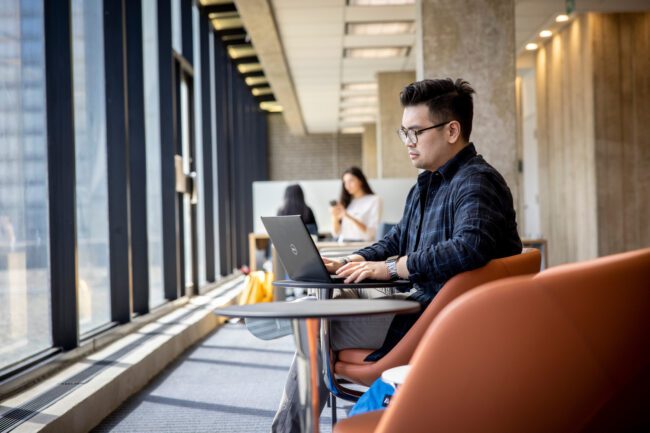 TMU Libraries is reaching out to encourage faculty, researchers and graduate students to create an ORCID account or affiliate a current account with the university.
TMU Libraries is reaching out to encourage faculty, researchers and graduate students to create an ORCID account or affiliate a current account with the university.